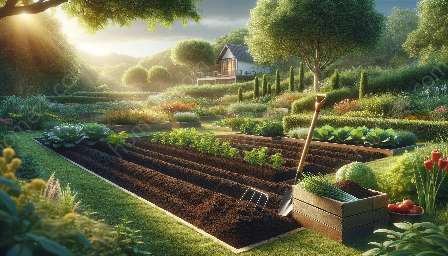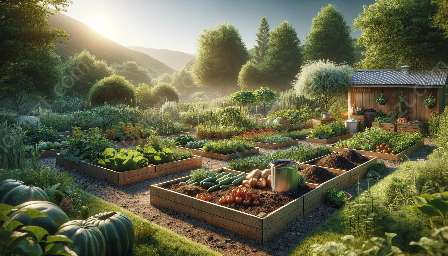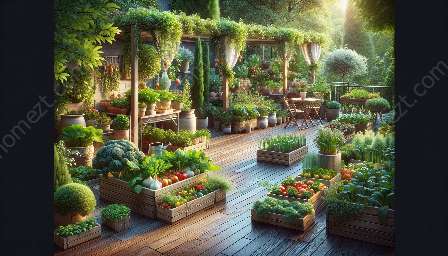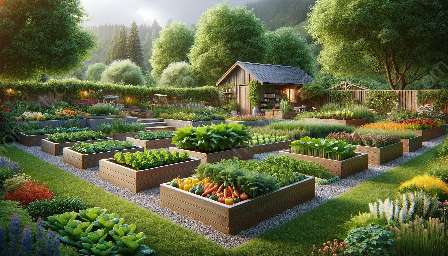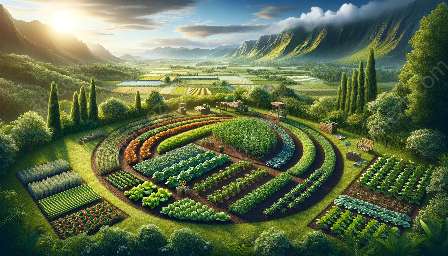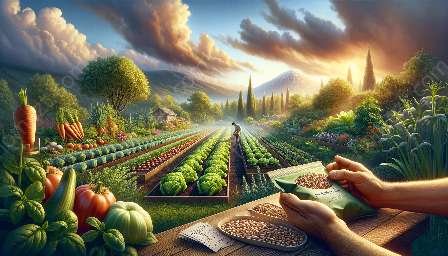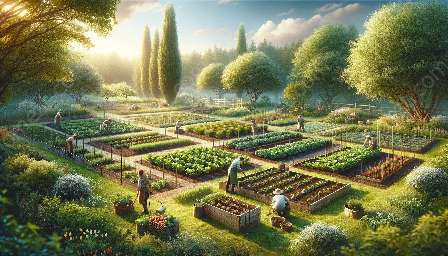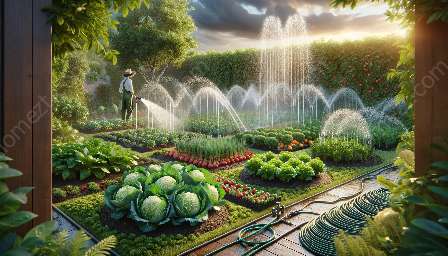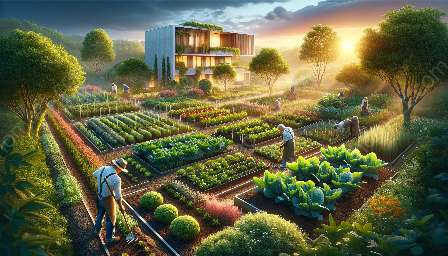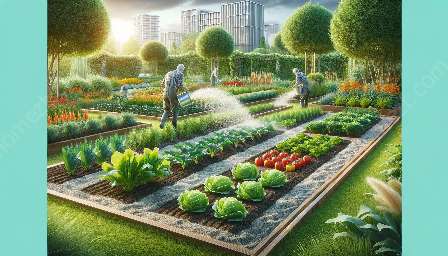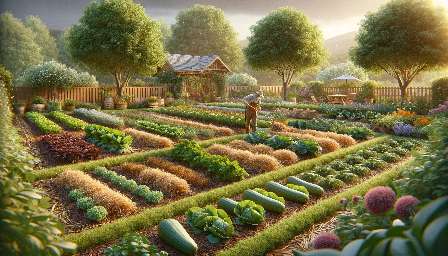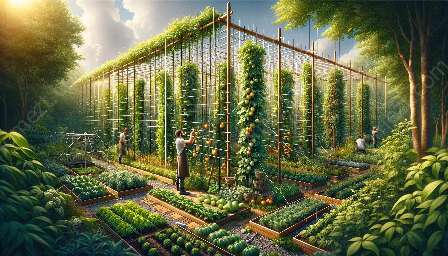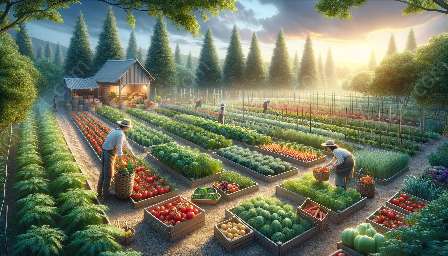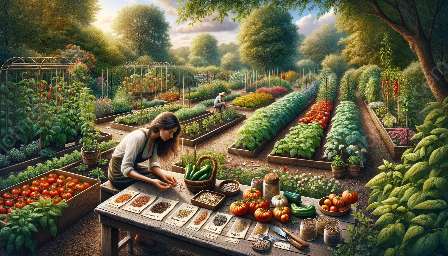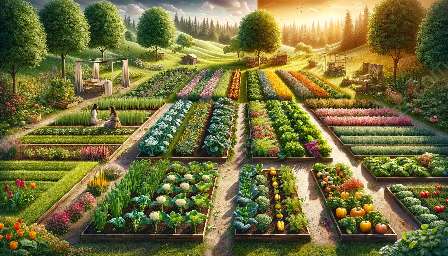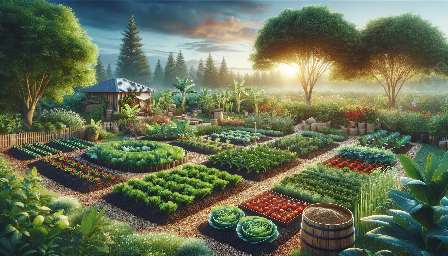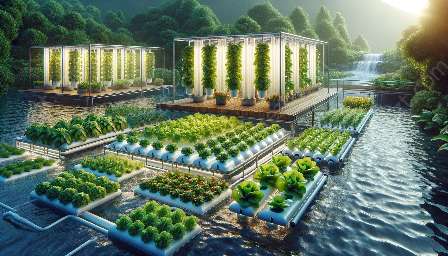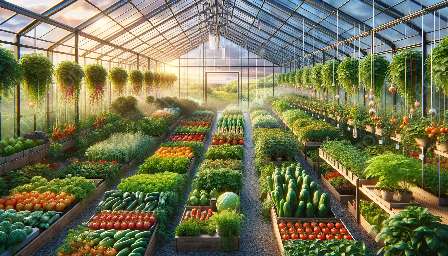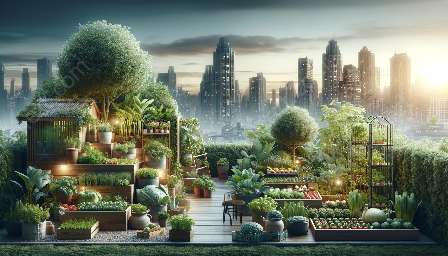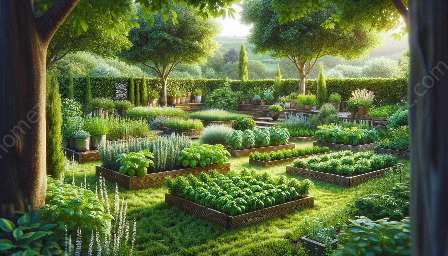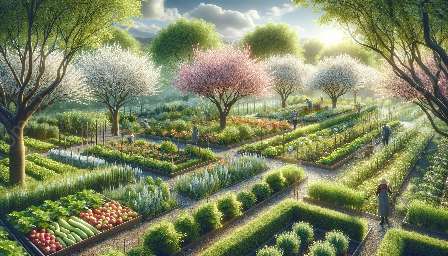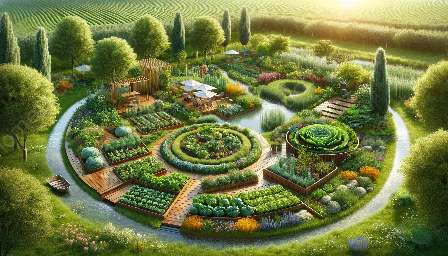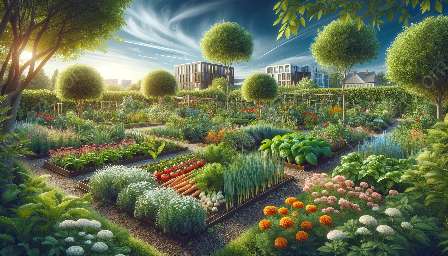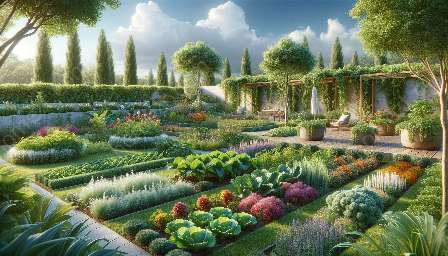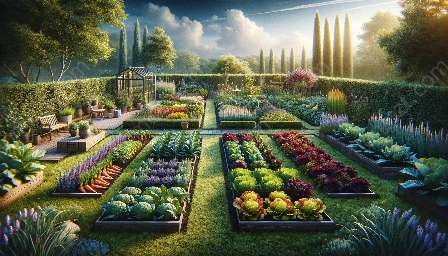Vegetable gardens require careful attention to watering and irrigation to ensure optimal health and growth of crops. Effective watering and irrigation techniques are essential for sustaining the vitality of plants in vegetable gardens and maintaining a beautiful landscape. This comprehensive guide provides valuable insights into the best practices for watering and irrigation, suitable for gardening and landscaping enthusiasts.
Understanding the Importance of Watering and Irrigation
Water is a critical component for the survival of plants in vegetable gardens. Achieving the right balance of moisture in the soil is fundamental to support healthy root development, prevent wilting, and promote robust growth in vegetables. Proper watering and irrigation also contribute to the overall aesthetics of the garden, enhancing its appeal and sustainability.
Essential Factors Influencing Watering and Irrigation
Several factors play a crucial role in determining the watering and irrigation requirements for vegetable gardens. These factors include climate, soil type, plant species, and garden layout. By understanding these variables, gardeners can tailor their watering and irrigation strategies to meet the specific needs of their vegetable crops.
Optimizing Watering and Irrigation Systems
Utilizing efficient watering and irrigation systems can significantly enhance the health and productivity of vegetable gardens. Drip irrigation, soaker hoses, and automated watering systems are innovative options that help conserve water while delivering precise moisture to plants. By implementing these systems, gardeners can achieve water efficiency and minimize wastage, ultimately contributing to sustainable gardening practices.
Best Practices for Watering and Irrigation in Vegetable Gardens
Implementing best practices for watering and irrigation is essential for maintaining vibrant and thriving vegetable gardens. Consistency, timing, and proper techniques are crucial aspects of effective watering. Techniques such as deep watering, mulching, and monitoring soil moisture aid in optimizing water usage and promoting robust plant growth. By adhering to these best practices, gardeners can foster healthy and resilient vegetable gardens.
Smart Watering Management for Sustainable Gardening
Adopting smart watering management techniques is pivotal for sustainable gardening and landscaping. Incorporating water-saving measures, such as rainwater harvesting, soil moisture sensors, and water-efficient irrigation methods, supports eco-friendly practices and minimizes water consumption. By adopting sustainable watering management, gardeners contribute to environmental conservation while nurturing thriving vegetable gardens.
Integration of Watering and Irrigation into Gardening and Landscaping
Watering and irrigation are integral components of gardening and landscaping, playing a significant role in the overall health and visual appeal of vegetable gardens. Seamless integration of efficient watering and irrigation practices enhances the sustainability and aesthetic value of the landscape, creating a harmonious and flourishing environment for diverse vegetable crops.
Conclusion
Watering and irrigation are fundamental aspects of successful vegetable gardening and landscaping. By implementing appropriate techniques, systems, and best practices, gardeners can optimize water usage, nurture healthy plants, and create visually stunning vegetable gardens. Embracing sustainable watering and irrigation methods fosters environmental stewardship and contributes to the beauty and resilience of vegetable gardens.

